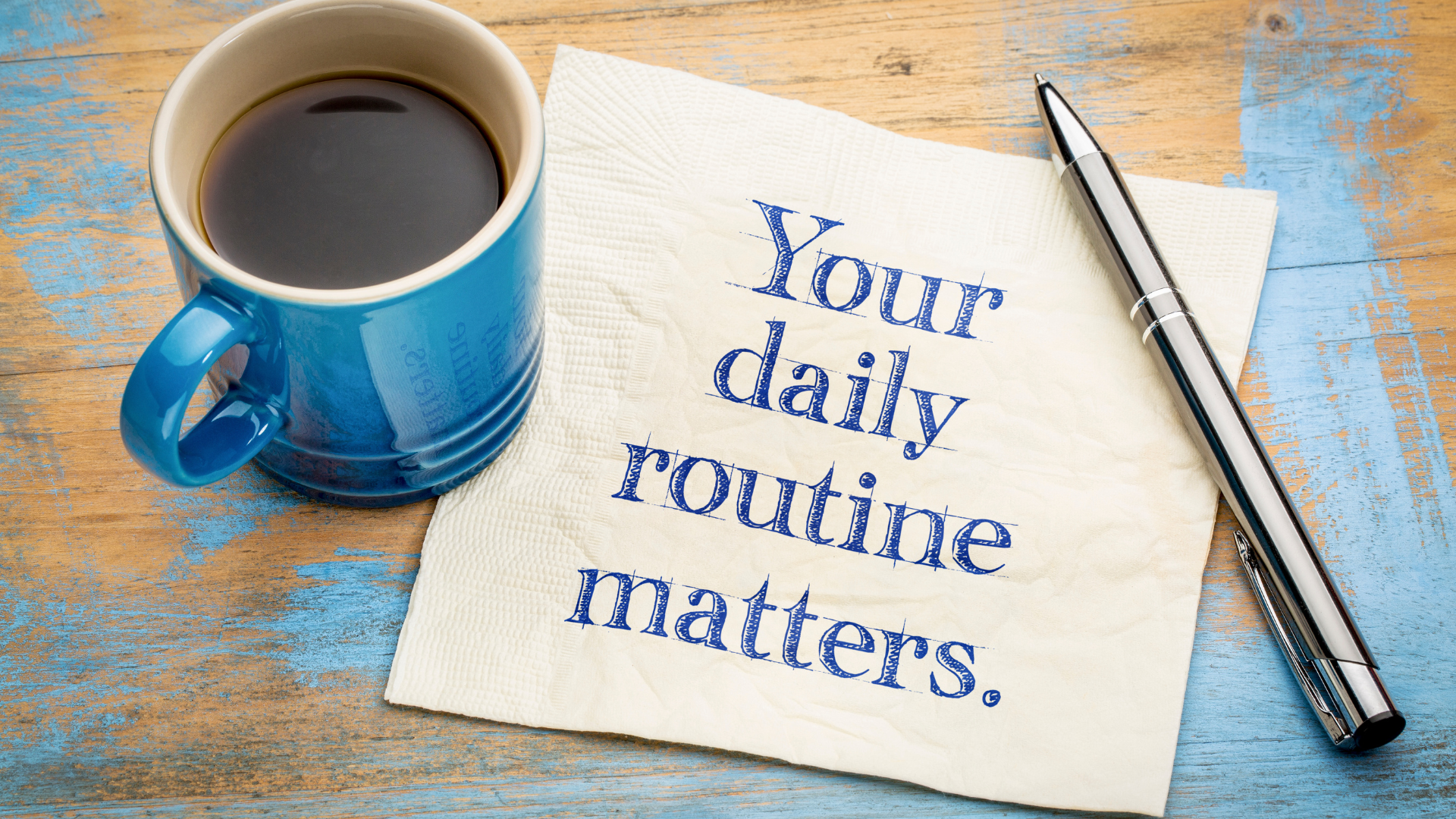Winter Treats for Senior Citizens: Easy and Comforting Recipes for Home Health Aides
As the winter season brings chilly days and cozy nights, it’s the perfect time to treat senior citizens to warm, comforting snacks and meals. As a home health aide, preparing delicious, senior-friendly treats not only provides nourishment but also creates moments of joy and connection. Here are some of the best winter treats you can make that are both nutritious and easy to prepare.
1. Warm Oatmeal with Seasonal Toppings
Why it’s great: Oatmeal is heart-healthy, easy to digest, and customizable.
How to prepare:
- Cook whole oats with milk or water for a creamy base.
- Add a touch of cinnamon, nutmeg, or vanilla for seasonal flavor.
- Top with sliced bananas, cooked apples, or dried cranberries for sweetness and fiber.
This treat is perfect for breakfast or as a snack, offering warmth and energy on cold days.
2. Hearty Vegetable Soup
Why it’s great: Soups are hydrating, nutrient-dense, and easy to eat for seniors with dental sensitivities.
How to prepare:
- Use seasonal vegetables like carrots, sweet potatoes, and squash for a wintery flavor.
- Add cooked lentils or shredded chicken for protein.
- Season lightly with herbs like thyme or parsley to keep it flavorful yet gentle on the stomach.
Serve with a slice of whole-grain bread or crackers for a filling, comforting meal.
3. Baked Apples with Cinnamon
Why it’s great: This treat is naturally sweet, packed with fiber, and low in sugar.
How to prepare:
- Core an apple and fill the center with a mixture of oats, a touch of honey, and cinnamon.
- Bake in the oven until soft and fragrant.
- Serve warm with a dollop of plain yogurt or a sprinkle of nuts for added protein.
It’s a great dessert option that feels indulgent without being overly sugary.
4. Hot Cocoa with a Healthy Twist
Why it’s great: Hot cocoa is a classic winter treat that can be adapted for better nutrition.
How to prepare:
- Use unsweetened cocoa powder and sweeten lightly with honey or stevia.
- Use low-fat milk or a milk alternative like almond milk for creaminess.
- Add a sprinkle of cinnamon or a drop of peppermint extract for a seasonal twist.
This comforting drink is perfect for warming up after a chilly day.
5. Mini Shepherd’s Pies
Why it’s great: These are hearty, easy to portion, and packed with nutrients.
How to prepare:
- Use lean ground turkey or beef, and mix with cooked peas, carrots, and corn.
- Top with a layer of creamy mashed potatoes and bake until golden.
- Use muffin tins to create individual servings that are easy to reheat.
This savory treat doubles as a complete, satisfying meal.
6. Seasonal Fruit Compote
Why it’s great: It’s a versatile, soft-textured dessert that’s perfect for seniors with dietary restrictions.
How to prepare:
- Simmer pears, apples, or berries with a splash of water, a touch of honey, and a sprinkle of cinnamon.
- Serve warm or chilled, either on its own or over yogurt or pancakes.
This treat is naturally sweet and packed with antioxidants.
Preparing treats for seniors during the winter season is about more than just food—it’s about creating moments of warmth, comfort, and connection. By focusing on nutritious, easy-to-eat recipes like hearty soups, baked fruits, and cozy beverages, you can brighten their days while ensuring they’re well-nourished. As a home health aide, these small gestures can have a big impact, making the winter season a little sweeter for the seniors in your care.





